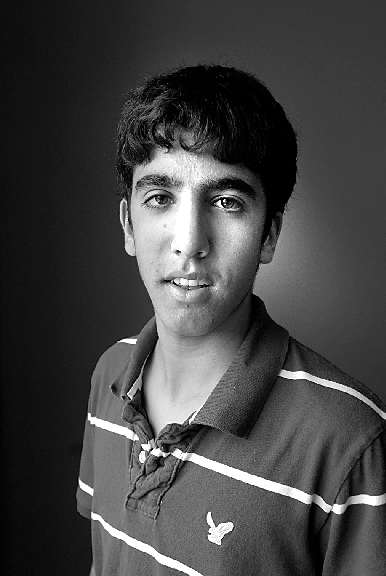Global summits need young activists
Editor's note: Bornstein is a Herald student columnist from Kennedy High School, which has students from Bellmore and Merrick.
In the near future, we'll hear about the successful summits not of world leaders but of young citizen activists. That's the outcome I see as inevitable after learning about the One Young World gathering in London in February.
One Young World is a leadership conference that brings together people 25 and under, who serve as their countries' delegates. The participants, guided by "counselors" such as Desmond Tutu and Kofi Annan, discuss the most challenging global issues-environmental degradation, the media, business, and more-ultimately drafting resolutions.
My hunch is that events like this one will become the norm in confronting international issues. The Copenhagen climate-change summit in December eroded my trust in world leaders' ability to gather in a city and hammer out a deal through negotiation. In Copenhagen, divisions between developed and developing nations made it impossible to draft a binding international treaty to limit carbon-dioxide emissions. Even President Obama couldn't transcend the deep rift between traditional polluters, such as the United States and Western Europe, and those that have only recently begun to pollute, such as China and India.
To break the gridlock, we need energy from young activists unassociated with governments-a group known as "civil society." That's because one of the biggest problems in the developing world is the political class' detachment from the struggles of the rural poor, especially in regard to environmental issues.
Suppose a developing nation's government devoted money to large-scale irrigation programs to maximize the food supply. On the surface, it would look like farmers employing this new irrigation scheme were heroes for feeding their people. But what might happen in 10 years? Lowering the water table could leave farmers unable to water their crops and turn a profit.
And that's where the role of civil society comes into play. A non-governmental organization (NGO) filled with the passion of young people could support the farmers by recognizing that the irrigation issue has both economic and environmental costs. Then, once the NGO suggested more sustainable practices-like using planting methods that conserve water-farmers could regain their economic strength while more responsibly managing their land.
So let's hope that future meetings of young leaders create a global model in which activists, equipped with expertise, work on local problems that they are uniquely qualified to tackle. That would be in stark contrast to the inability-or unwillingness-of developing countries' leaders to confront the key issues that plague their people.






